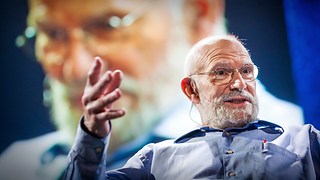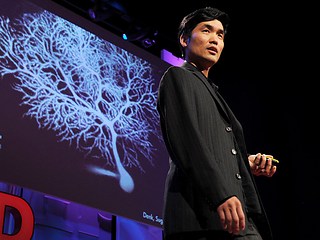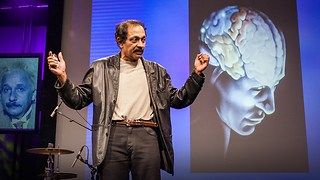Neuroscience: Mapping and Manipulating the Brain
TED Studies, created in collaboration with Wiley, are curated video collections — supplemented by rich educational materials — for students, educators and self-guided learners. In Mapping and Manipulating the Brain, explore the human brain's 100 billion neurons and 100 trillion connections among them, and learn how neuroscientists are using an array of techniques to chart — and in some cases, change — this amazing organ. Relevant areas of interest, study and coursework include: neuroanatomy, neurology, neuroimaging, systems neuroscience, cognitive neurology, social neurology, optogenetics and philosophy of mind.








